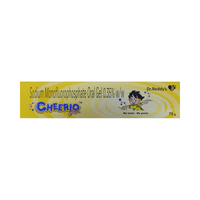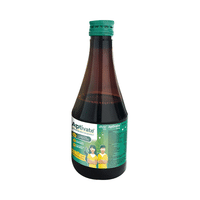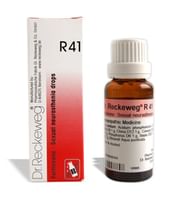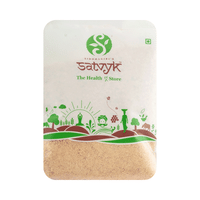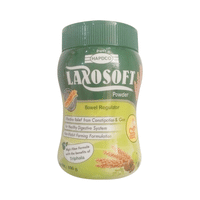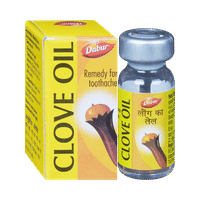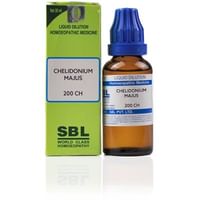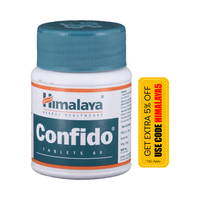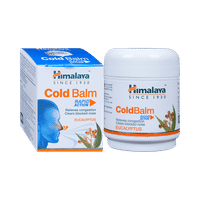Rs. 109
Rs. 117
7% off
Available in other variants
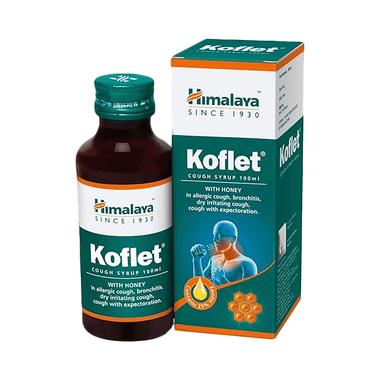
Product Details
Koflet Cough Syrup 25% Honey
Himalaya Koflet Syrup contains tulasi, madhu and yashtimadhu. Koflet can help in managing both productive and dry cough. The mucolytic and expectorant properties may reduce the viscosity of bronchial secretions and facilitate expectoration. Koflet’s peripheral antitussive (cough suppressant) action may reduce bronchial mucosal irritation and related bronchospasms. In addition, the anti-allergic, antimicrobial and immune-modifying properties can provide relief from cough. The demulcent action of Koflet syrup may soothe respiratory passages.
Key Ingredients:
Madhu (Purified) (Honey),Guggulu (Purified) (Balsamodendron mukul), Oleo-gum resin,Draksha (Vitis vinifera)Fr,Vishnu priya (Ocimum sanctum) Wh.Pl.,Jufa (Hyssopus officinalis) Wh.Pl.,Guduchi (Tinospora cordifolia) St.,Vasaka (Adhatoda vasica) Lf.,Jaatipatree (Myristica fragrans) Ar.,Yashtimadhu (Glycyrrhiza glabra) Rt.,Gojiha (Onosma bracteatum) A.P.,Neela Pushpa (Viola odorata) Wh. Pl.,Triphala Fr. And Fr.R.,Trikatu,Vidanga (Embelia ribes)Fr,Kantakari (Solanum xanthocarpum) Wh.Pl.,Taja (Cinnamomum cassia) Bk,Navasagarat
Key Benefits:
Product Specifications And Features:
Net Quantity:
100 ml
Indications:
['Cough associated with acute and chronic upper and lower respiratory tract infections', 'Smoker’s cough', 'Cough']
Product Weight Net Qty:
100 ml
Dosage:
["Children (3-12 years): ½ to 1 teaspoonful (2.5-5 ml) 3 times daily", "Children above 12 years and adults: 1 to 2 teaspoonfuls (5-10 ml) 3 times daily, or as directed by your doctor", "Children under 3 years: As directed by your doctor"]
Directions For Use:
Safety Information:
Faqs:
Himalaya Koflet Syrup contains tulasi, madhu and yashtimadhu. Koflet can help in managing both productive and dry cough. The mucolytic and expectorant properties may reduce the viscosity of bronchial secretions and facilitate expectoration. Koflet’s peripheral antitussive (cough suppressant) action may reduce bronchial mucosal irritation and related bronchospasms. In addition, the anti-allergic, antimicrobial and immune-modifying properties can provide relief from cough. The demulcent action of Koflet syrup may soothe respiratory passages.
Key Ingredients:
Madhu (Purified) (Honey),Guggulu (Purified) (Balsamodendron mukul), Oleo-gum resin,Draksha (Vitis vinifera)Fr,Vishnu priya (Ocimum sanctum) Wh.Pl.,Jufa (Hyssopus officinalis) Wh.Pl.,Guduchi (Tinospora cordifolia) St.,Vasaka (Adhatoda vasica) Lf.,Jaatipatree (Myristica fragrans) Ar.,Yashtimadhu (Glycyrrhiza glabra) Rt.,Gojiha (Onosma bracteatum) A.P.,Neela Pushpa (Viola odorata) Wh. Pl.,Triphala Fr. And Fr.R.,Trikatu,Vidanga (Embelia ribes)Fr,Kantakari (Solanum xanthocarpum) Wh.Pl.,Taja (Cinnamomum cassia) Bk,Navasagarat
Key Benefits:
- Dual action on cough: The syrup is designed to manage both productive and dry cough, providing comprehensive relief for various types of cough
- Anti-allergic and antimicrobial benefits: The presence of anti-allergic and antimicrobial properties in Koflet can help alleviate cough symptoms related to allergies and microbial infections
- Immune-modifying properties: The immune-modifying properties of Koflet may assist in enhancing the bodys natural defence mechanisms against cough-related issues
- Holy basil: Holy basil (tulasi) possesses potent antihistamine properties, which protect against pollen-induced bronchospasms. Holy basil may help manage catarrh (mucous membrane inflammation of the respiratory tract) and bronchitis due to its varied pharmacological usages
- Honey: Honey (madhu) is traditionally used to manage cough, due to its anti-inflammatory properties, which soothe the respiratory tract. It inhibits the production of nitric oxide, which renders the herb its antioxidant property. This action may help alleviate allergic respiratory-related concerns
- Licorice: Licorice (yashtimadhu) has antitussive, expectorant and immune-enhancing properties that may help relieve cough
Product Specifications And Features:
- Product Form: Liquid
Net Quantity:
100 ml
Indications:
['Cough associated with acute and chronic upper and lower respiratory tract infections', 'Smoker’s cough', 'Cough']
Product Weight Net Qty:
100 ml
Dosage:
["Children (3-12 years): ½ to 1 teaspoonful (2.5-5 ml) 3 times daily", "Children above 12 years and adults: 1 to 2 teaspoonfuls (5-10 ml) 3 times daily, or as directed by your doctor", "Children under 3 years: As directed by your doctor"]
Directions For Use:
- Children (3-12 years): ½ to 1 teaspoonful (2.5-5 ml) 3 times daily
- Children above 12 years and adults: 1 to 2 teaspoonfuls (5-10 ml) 3 times daily, or as directed by your doctor
- Children under 3 years: As directed by your doctor
Safety Information:
- Read the label carefully before use
- Keep out of reach of children
- Dont exceed the recommended dosage
- Please consult your physician to prescribe the dosage that best suits the condition
- The information on this page is not intended to be a substitute for professional medical advice
- Do not use this information to diagnose or treat your problem without consulting your doctor
- Shake the bottle well before use
- Close the cap tightly after each use
- Store in a dry place, away from direct heat and sunlight
- Do not refrigerate
Faqs:
- How long does it take to see results with Himalaya Koflet Syrup? The time it takes to see results varies depending on the individual, their condition, and their concern. Some may experience improvement quickly, while others may require more time and consistent practice.
- Are there any side effects of Himalaya Koflet Syrup? No, Koflet is not known to have any side effects if taken as per the prescribed dosage.













